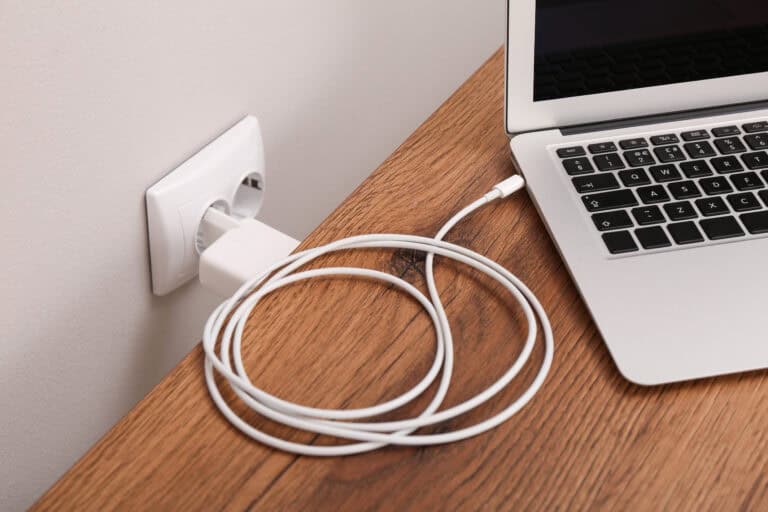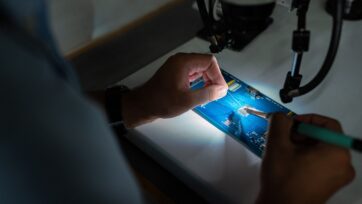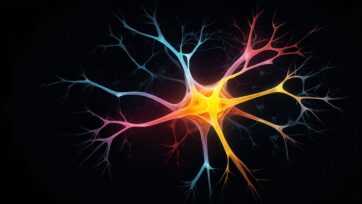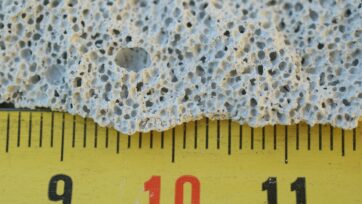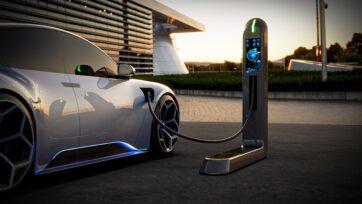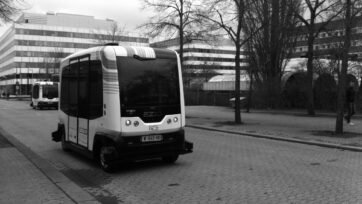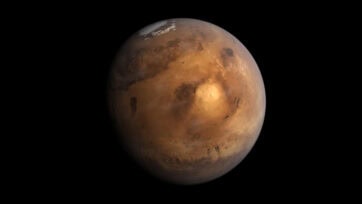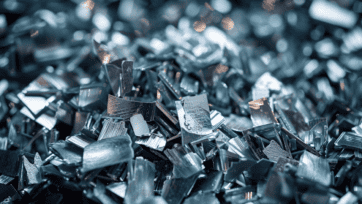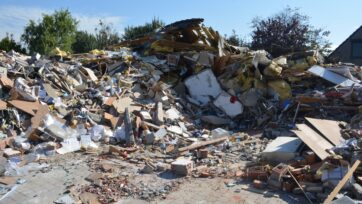Researchers at the University of Colorado Boulder are on the brink of an energy storage breakthrough that could dramatically speed up charging times for everything from small electronics to electric vehicles. Led by Ankur Gupta, Assistant Professor of Chemical and Biological Engineering, the team’s latest findings reveal new insights into how ions move within a network of tiny pores, a critical component of supercapacitors. Their research, published in the Proceedings of the National Academy of Sciences, could pave the way for the development of supercapacitors with significantly enhanced efficiencies.
Gupta and his team have applied traditional chemical engineering methods, typically used in studying oil reservoirs and water filtration, to enhance our understanding of ion flow in supercapacitors. By focusing on the behavior of ions at the junctions of porous materials, they have challenged long-standing principles outlined by Kirchhoff’s law, which has been a fundamental concept in electrical circuit theory since the mid-19th century.
This discovery is not just a scientific advancement but also a potential game-changer for how energy is stored and utilized across various technologies. It promises to improve the way power grids manage energy loads and could lead to the practical application of quick-charging supercapacitors that far outperform current battery technologies in both speed and durability.
With this study, Gupta highlights the importance of rethinking established scientific principles to break new ground in energy storage solutions, addressing critical needs for efficiency and speed in power management. This could eventually mean that charging a dead laptop or an electric car could become a matter of minutes, significantly impacting our daily lives and the environment.
References
Susan, Glairon 2024, ‘Charge your laptop in a minute or your EV in 10? Supercapacitors can help; new research offers clues’, University of Colorado Boulder, viewed 28th May 2024, <https://www.colorado.edu/chbe/2024/05/23/charge-your-laptop-minute-or-your-ev-10-supercapacitors-can-help-new-research-offers>
